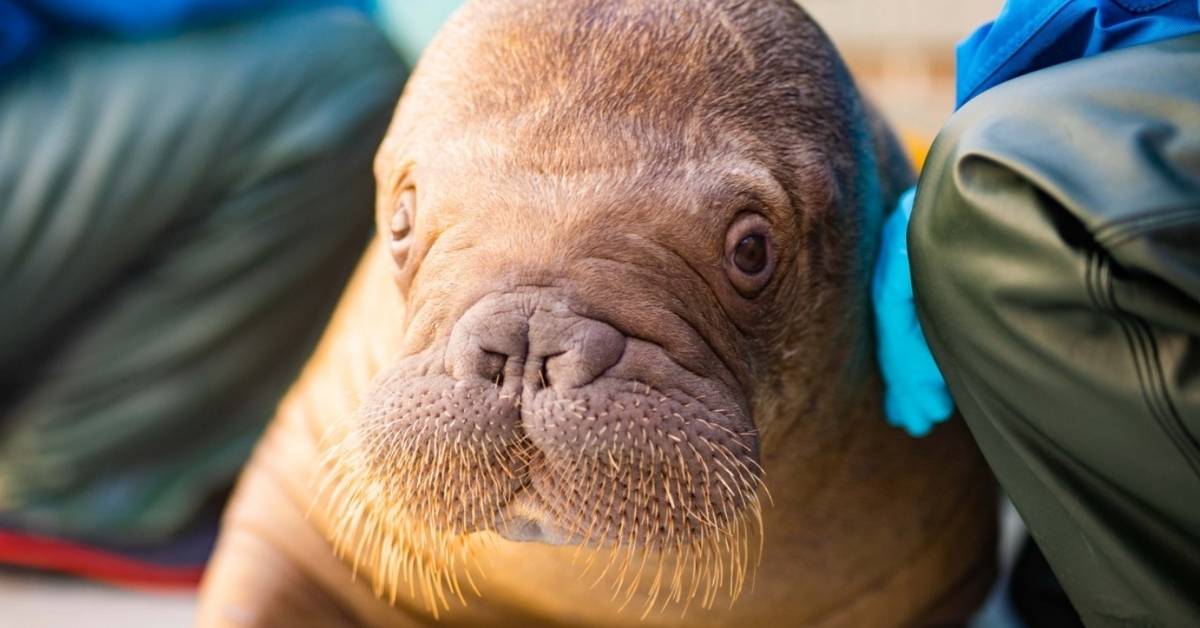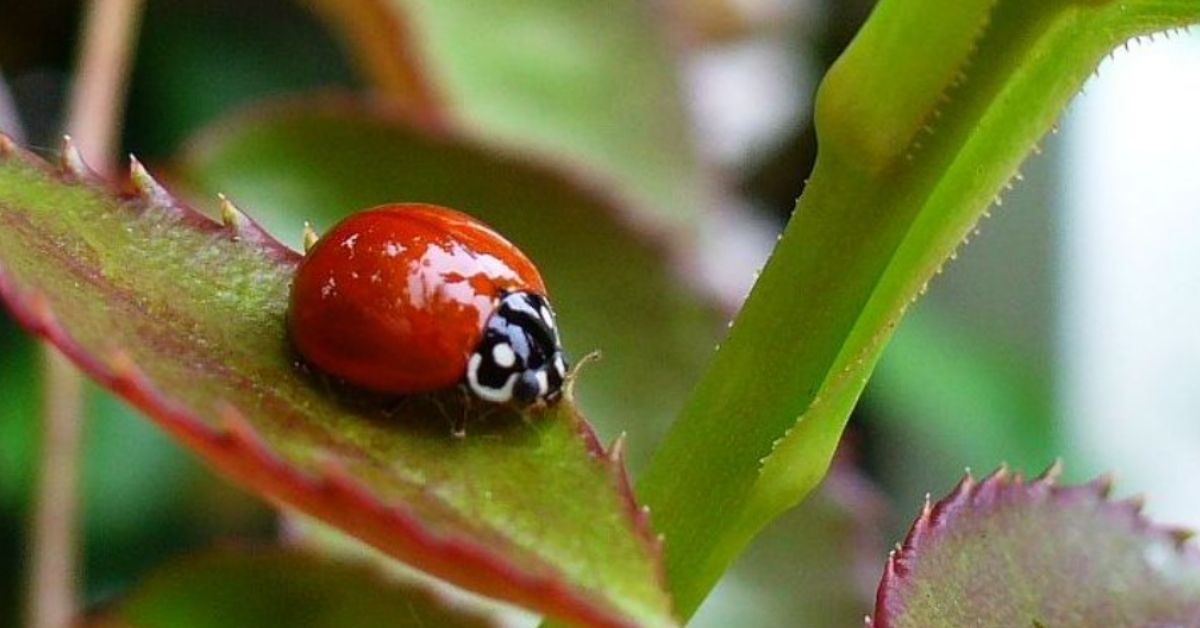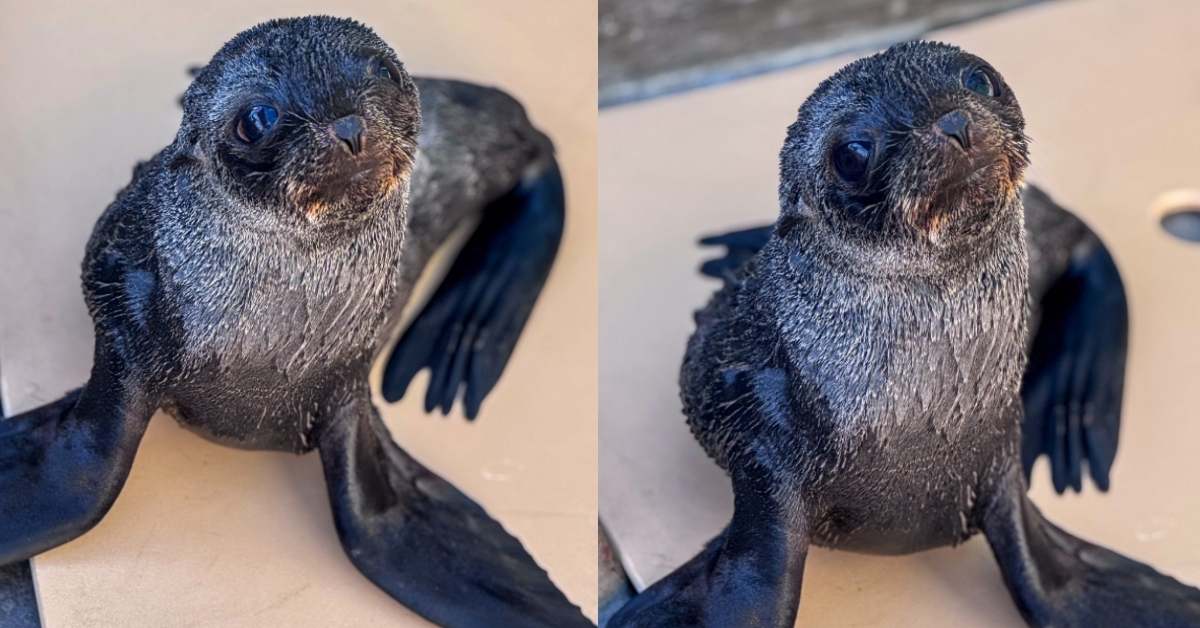When “Little Miss Walrus” arrived at the Alaska SeaLife Center in July 2024, she was barely more than one week old. After being stranded on a remote beach in Alaska, the young calf was severely dehydrated and emaciated, with scratches and puncture wounds across her small body.
Experts estimated that she had either been abandoned when her herd had left the area or somehow taken by humans to an inland area before attempting to escape.
Either way, when the Utqiagvik community spotted her and alerted the United States Fish and Wildlife Service, she had been close to death.
Upon arriving at the Alaska SeaLife Center, walrus experts from across the country flew in to help. The Indianapolis Zoo, Point Defiance Zoo & Aquarium, and SeaWorld Orlando all sent veterinarians to Alaska to assist with the calf's care.
After months of rehabilitation and around-the-clock care, Little Miss Walrus became an entirely new animal.
With a clean bill of health — and healed scars — the center gave her an official name, Ukiaq, which translates to “autumn” in the language of the Iñupiaq people of northern Alaska, where she was first found.

“We are thrilled by the progress this walrus calf has made since her admission to the Alaska SeaLife Center Wildlife Response Program,” Dr. Wei Ying Wong, the President and CEO of the Alaska SeaLife Center, said in a statement.
“As just the eleventh orphaned Pacific walrus calf to come through our doors since our opening 25 years ago, we recognize how incredibly special she is,” she continued. “Success stories like Ukiaq is what inspires us, the only organization authorized to rehabilitate live-stranded marine mammals in the state of Alaska.”
Although it has been over a year since her rescue, Ukiaq — who is often called “Uki” for short — has once again been propelled into the spotlight with the latest PBS Newshour episode: “Walrus: Life on Thin Ice.”
The news team was there on-site when Uki was one month into her rehabilitation. They saw firsthand how she went from a shaking leaf of trauma into a bubbly, curious walrus who developed a love for backflipping into the pool.

Unfortunately, because she has been bottle-fed and hand-raised since near infancy, Uki cannot be rewilded.
But she’s not alone.
Today, she lives in SeaWorld Orlando among some of the staff who first saved her life. Over a year after she was orphaned, she has a herd of her own among other rescued walruses, including Garfield, Kora, and her surrogate mother Kaboodle.
“[Her] story of survival is a testament to the importance of partnerships and rapid response in wildlife rescue,” said Dr. Claire Erlacher-Reid, a senior veterinarian at SeaWorld Orlando, who flew to Alaska last July.
“And we are committed to providing her with the highest level of care as she continues her journey here at SeaWorld Orlando.”
You may also like: One of the world's most endangered whales was trending towards extinction. But a new study has scientists 'cautiously optimistic'
Header image via Alaska SeaLife Center



